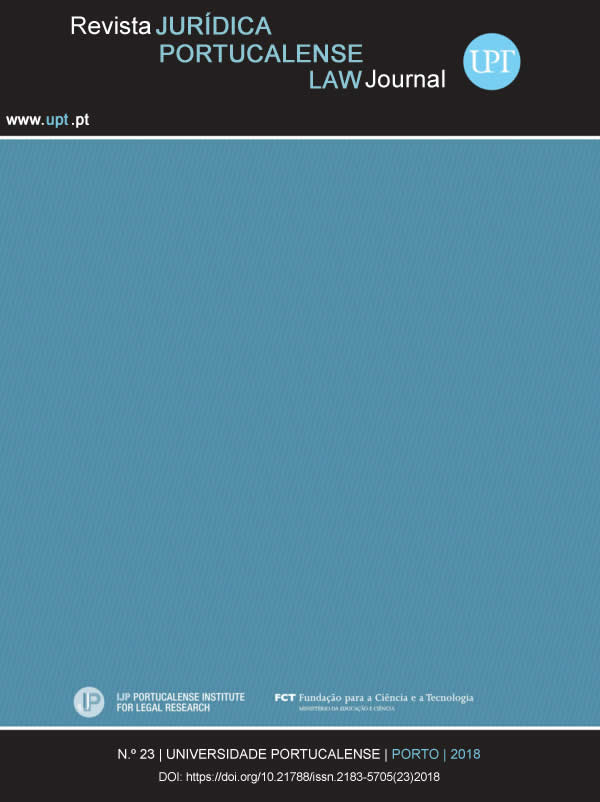A (síndrome de) alienação parental: uma nova forma de patriarcado?
Abstract
O presente trabalho almeja uma reflexão em torno da questão de saber em que medida devemos recear como discriminatório, por contrário à igualdade de género e remissivo para a secundarização e sombra social e histórica das Mulheres, aquilo a que insistentemente se tem denominado de (síndrome de) alienação parental, quantas vezes invocada, sob a égide do superior interesse da criança, na ausência de acordo dos pais, nos processos de regulação das responsabilidades parentais, especialmente nos emergentes de situações de ruptura da vida em comum dos progenitores, a indiciar a indispensabilidade da discussão e atenção redobrada numa área em contínua evolução, marcando a actualidade do discurso no ramo do Direito da Família. Tema particularmente sensível, permeável a ideias pré-concebidas ou estereótipos e lugares comuns, ele impõe uma investigação cuidada, sem esquecer que o superior interesse da criança deverá ser, em primeira linha, o critério orientador da decisão.Downloads
Published
2018-12-15
How to Cite
Fialho d' Almeida, R. G. (2018). A (síndrome de) alienação parental: uma nova forma de patriarcado?. Revista Jurídica Portucalense , (23), 131–162. Retrieved from https://revistas.rcaap.pt/juridica/article/view/12284
Issue
Section
SCIENTIFIC RESEARCH
License
Authors who published in the journal agree to the following terms:
- The Authors grant the Journal the right of first publication, and other non-exclusive publishing rights, licensed under the Creative Commons Attribution License which allows the sharing of work with recognition of its initial publication in this journal.
- Authors are able to take on additional contracts separately, non-exclusive distribution of the version of the paper published in this journal (ex .: publish in an institutional repository or as a chapter in a book), with an acknowledgement of its initial publication in this journal.
- Authors are permitted and encouraged to post and distribute their work online (eg .: in institutional repositories or on their website) at any point before or during the submission process, as it can lead to productive exchanges, as well as increase the impact and the citation of published work (See The Effect of Open Access).
RJP does not apply submission, publication or any other fees of any nature. Its articles are open access, with the goal of disseminating scientific knowledge and the debate of legal topics in the area of Legal Sciences.






